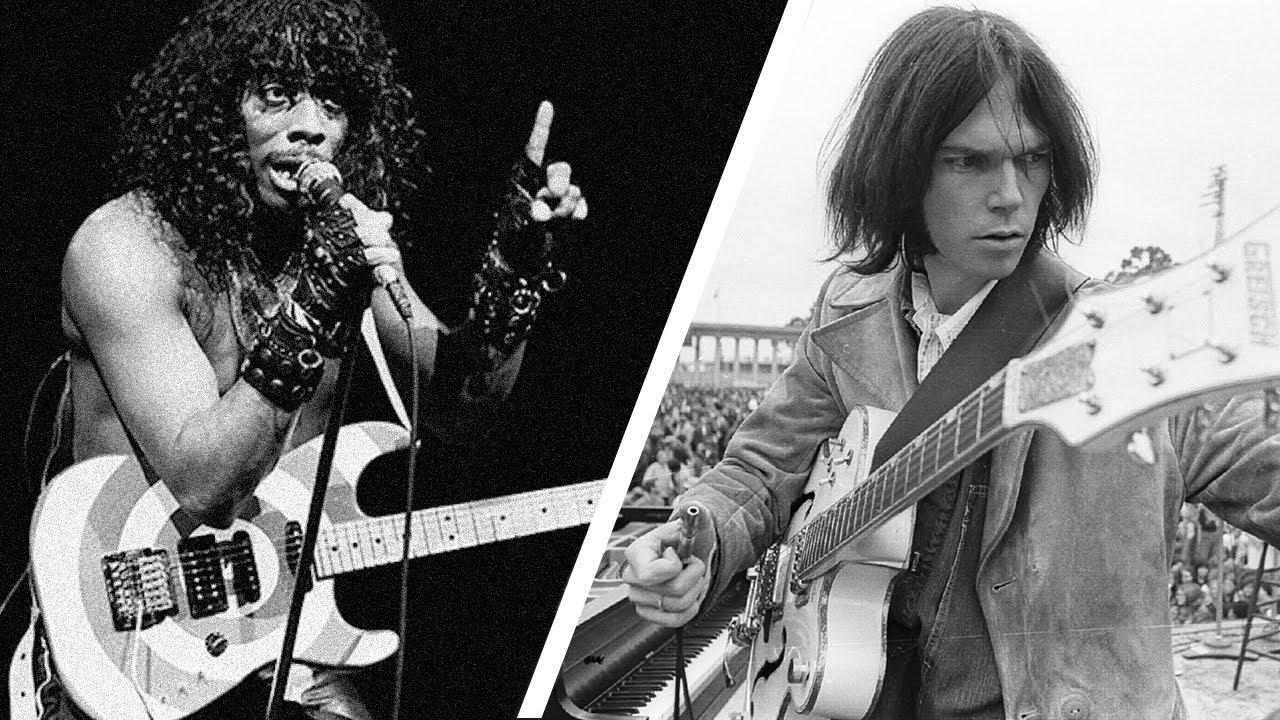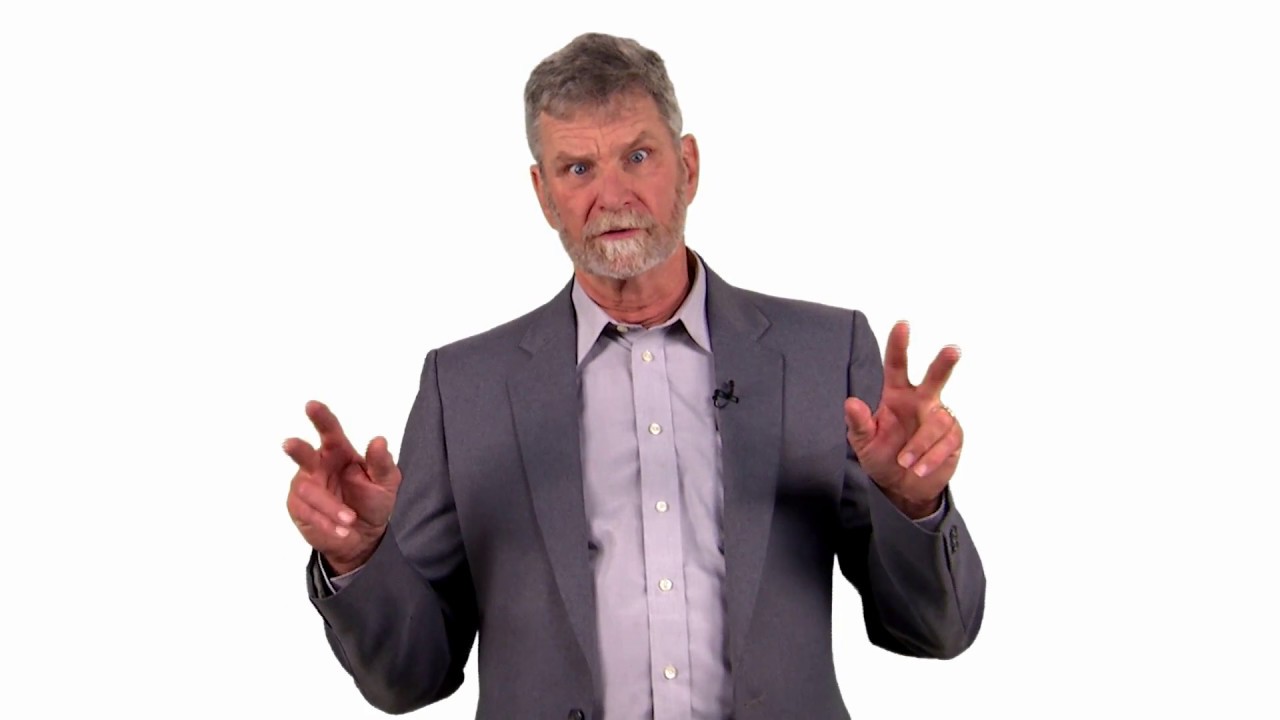What Makes Citizen Kane a Great Film: 4 Video Essays Revisit Orson Welles’ Masterpiece on the 80th Anniversary of Its Premiere
To understand why Citizen Kane has for so long been referred to as the “greatest film of all time,” simply watch any film made before it. Glib though that often-made prescription may sound, it gets at a truth about Orson Welles’ tale of the rise and fall of an American media magnate, his first and by far his most highly regarded picture, now just days from the eightieth anniversary of its premiere. “Its impact on cinema was so profound, and its techniques became so ubiquitous, that its once-radical ideas now seem commonplace,” says the narrator of the Youtube series One Hundred Years of Cinema, whose episode on the year 1941 could hardly have focused on any other movie.
Among Citizen Kane‘s most visible innovations is cinematographer Gregg Toland’s use of deep focus, which allows Welles and his collaborators to make constant narrative use of every visual detail. This encourages the audience to “read the whole frame at once, much in the same way that one would read a painting, each layer adding an element to the story.”
More subtly, “what separated Citizen Kane from the kind of films that preceded it was the overall ambivalence of its tone. It’s a film about one of the wealthiest, most successful men in the world, and yet permeating the entire film is the gloom of failure.” The legacy of these and other daring artistic choices manifest in the work of subsequent generations of directors, including such names cited in the brief Fandor video essay above as Quentin Tarantino, Martin Scorsese, Wes Anderson, and Steven Spielberg.
“The creators of Citizen Kane had the freedom to play and innovate,” says Michael Aranda in the episode of Crash Course Film Criticism above. “Many of their technical experiments changed the way film was being used as a storytelling medium — which, arguably, could be another way to define ‘greatness.’” Welles himself put it differently: “There is a great gift that ignorance has to bring to anything. That was the gift I brought to Kane, ignorance.” Of course, he had the good excuse of being 25 years old, although already more than established on the stage and the radio. When Hollywood came calling, he brought his creatively spirited Mercury Theatre Players within to make use of the relatively vast production resources available at RKO Pictures. One of Welles’ collaborators in particular has recently been back in the public eye: Herman J. Mankiewicz, who’d previously written scripts for Welles’ Campbell Playhouse series on CBS Radio.
David Fincher’s biographical drama Mank, which won a couple of Academy Awards last weekend, tells the story of the troubled screenwriter’s involvement with Citizen Kane. Originally written by Fincher’s father, Mank drew its first inspiration from “Raising Kane,” a 1971 essay by New Yorker film critic Pauline Kael that famously depicted Mankiewicz, not Welles, as Citizen Kane‘s primary author. Subsequent scholarship, as explained in the Royal Ocean Film Society video above, has revealed that Kael was laboring under a misapprehension (if not a grudge). But the fact remains that all the participants in Citizen Kane did their bit to greatly advance the medium of cinema, and for the young Welles the picture became proof of his artistic maturity: a masterpiece, in the original sense.
Related Content:
Orson Welles Explains Why Ignorance Was His Major “Gift” to Citizen Kane
Jorge Luis Borges Reviews Citizen Kane — and Gets a Response from Orson Welles
Jean-Paul Sartre Reviews Orson Welles’ Masterwork (1945): “Citizen Kane Is Not Cinema”
How Orson Welles’ F for Fake Teaches Us How to Make the Perfect Video Essay
What Makes Vertigo the Best Film of All Time? Four Video Essays (and Martin Scorsese) Explain
Based in Seoul, Colin Marshall writes and broadcasts on cities, language, and culture. His projects include the Substack newsletter Books on Cities, the book The Stateless City: a Walk through 21st-Century Los Angeles and the video series The City in Cinema. Follow him on Twitter at @colinmarshall or on Facebook.
What Makes <i>Citizen Kane</i> a Great Film: 4 Video Essays Revisit Orson Welles’ Masterpiece on the 80th Anniversary of Its Premiere is a post from: Open Culture. Follow us on Facebook and Twitter, or get our Daily Email. And don’t miss our big collections of Free Online Courses, Free Online Movies, Free eBooks, Free Audio Books, Free Foreign Language Lessons, and MOOCs.
, To understand why Citizen Kane has for so long been referred to as the “greatest film of all time,” simply watch any film made before it. Glib though that often-made prescription may sound, it gets at a truth about Orson Welles’ tale of the rise and fall of an American media magnate, his first and by
What Makes <i>Citizen Kane</i> a Great Film: 4 Video Essays Revisit Orson Welles’ Masterpiece on the 80th Anniversary of Its Premiere is a post from: Open Culture. Follow us on Facebook and Twitter, or get our Daily Email. And don’t miss our big collections of Free Online Courses, Free Online Movies, Free eBooks, Free Audio Books, Free Foreign Language Lessons, and MOOCs.















